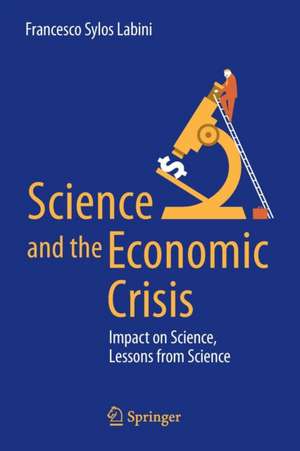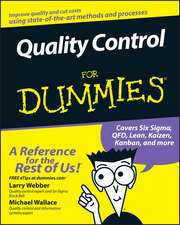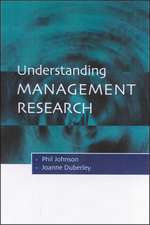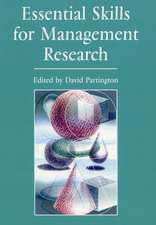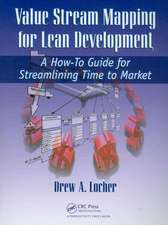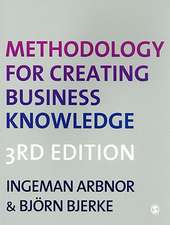Science and the Economic Crisis: Impact on Science, Lessons from Science
Autor Francesco Sylos Labinien Limba Engleză Paperback – 30 mar 2016
Preț: 277.11 lei
Nou
Puncte Express: 416
Preț estimativ în valută:
53.03€ • 55.50$ • 44.13£
53.03€ • 55.50$ • 44.13£
Carte tipărită la comandă
Livrare economică 31 martie-14 aprilie
Preluare comenzi: 021 569.72.76
Specificații
ISBN-13: 9783319295275
ISBN-10: 3319295276
Pagini: 171
Ilustrații: XV, 171 p.
Dimensiuni: 155 x 235 x 10 mm
Greutate: 0.27 kg
Ediția:1st ed. 2016
Editura: Springer International Publishing
Colecția Springer
Locul publicării:Cham, Switzerland
ISBN-10: 3319295276
Pagini: 171
Ilustrații: XV, 171 p.
Dimensiuni: 155 x 235 x 10 mm
Greutate: 0.27 kg
Ediția:1st ed. 2016
Editura: Springer International Publishing
Colecția Springer
Locul publicării:Cham, Switzerland
Cuprins
Preface.- Introduction.- Chapter I: Forecast.- Chapter II: Crisis.- Chapter III: Risk.- Chapter IV: Perspectives.
Notă biografică
Francesco Sylos Labini is a theoretical physicist who obtained his PhD from the University of Bologna and worked for eight years in Switzerland and France before becoming a staff researcher at the Enrico Fermi Center in 2010. He currently works at the Institute for Complex Systems of the Italian National Research Council in Rome. Dr. Labini is specialized in cosmology, astrophysics, and complex systems and his research activity includes subjects that are at the interface between complex systems, cosmology, and gravitational dynamics. Besides physics he is interested in science policy and epistemology. Dr. Labini has published almost one hundred scientific publications in peer-reviewed journals. He is also the co-author of I ricercatori non crescono sugli alberi (Laterza, 2010) and has a blog on the website of the Italian daily Il Fatto Quotidiano. He is current president of the association Roars.it (Roars: Return on Academic Research).
Textul de pe ultima copertă
This book not only explores the ways in which the economic crisis and associated austerity policies have adversely impacted the physical and human infrastructure and conduct of scientific research, but also considers how science can help us to understand the crisis and provide original solutions. Starting with a detailed but accessible analysis of the scientific method and the nature of scientific prediction, the book proceeds to address the failure to forecast the economic crisis and the origins of the continuing inertia in economic policy and theory. Attention is drawn in particular to the shortcomings of neoclassical economics in terms of its description of the economic system as being mechanical in nature and characterized by equilibrium. This perspective mirrors the limitations and outdated ideas of nineteenth century physics, which the book contrasts with the insights offered by modern physics. The impact of neoliberal ideologies on scientific research is also discussed in detail, highlighting their stifling effect on innovation and diversification. In closing, the book emphasizes the need for state intervention to guide and support scientific research as the core engine of economic development that will deliver a sustainable future.
Caracteristici
Examines how science can help us to understand the economic crisis and provide original solutions Analyzes the impacts of the economic crisis and neoclassical theory on scientific endeavors Discusses neoclassical economics from thestandpoint of the modern physicist Includes supplementary material: sn.pub/extras
